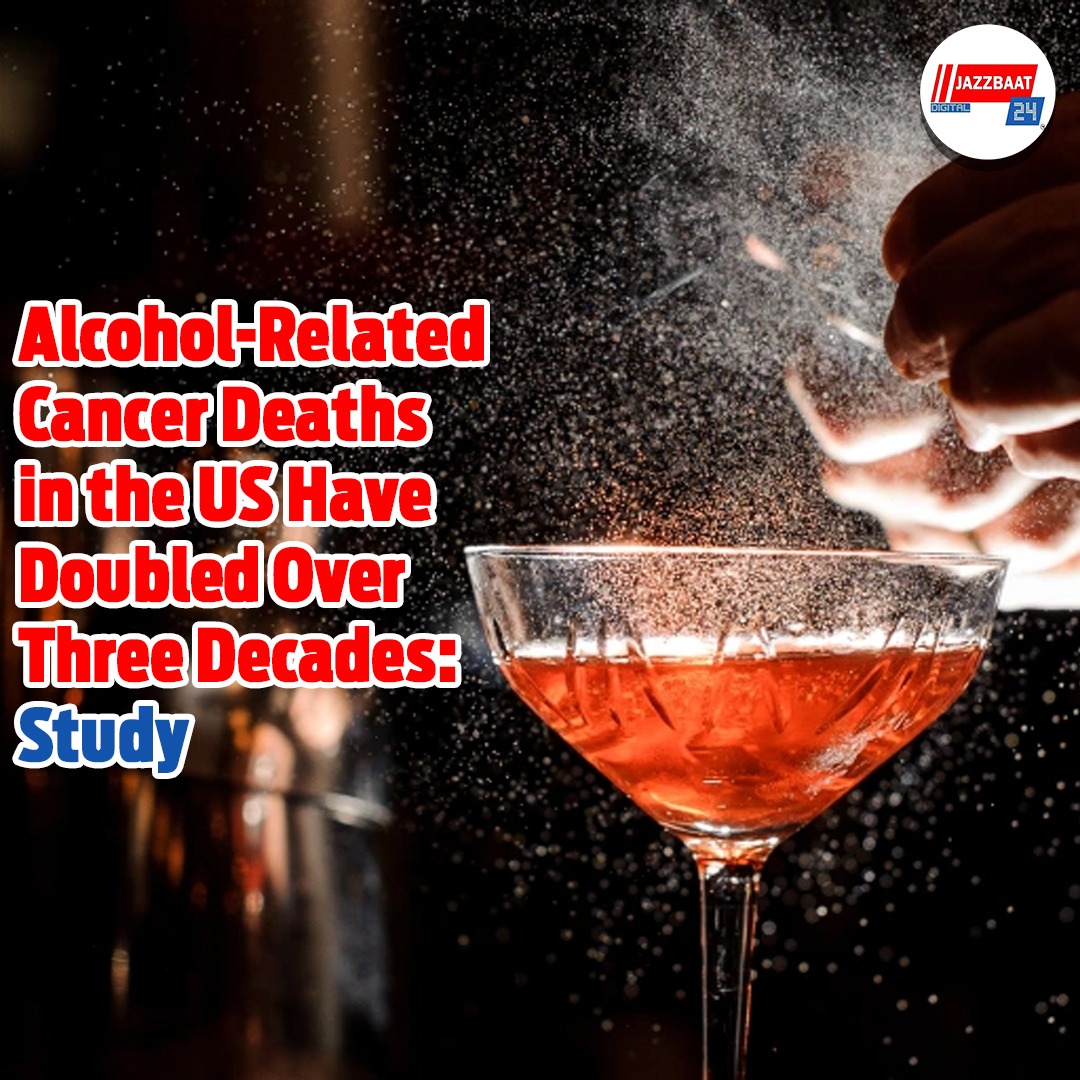
Over the past 30 years, the number of alcohol-related cancer fatalities in the US has increased, disproportionately affecting men and those over the age of 55. Between 1990 and 2021, it increased from less than 12,000 to over 23,000. These results, which have not yet been published in a peer-reviewed journal, will be discussed at the annual meeting of the American Society of Clinical Oncology in Chicago next week.
The study's researchers examined the national alcohol-related death rates from 1990 to 2021. The primary author of the study, Dr. Chinmay Jani, a clinical fellow in oncology and hematology at Sylvester Comprehensive Cancer Center, told ABC News, "We already know other risk factors, like smoke, for cancer. But it's crucial to understand that alcohol can cause a variety of malignancies and is a risk factor as well.
Dr. Jani goes on to say that the study suggests that alcohol consumption in any quantity might be detrimental to one's health. You do not have to drink every day to be in this situation. Seven alcohol-related cancers—breast, liver, colorectal, throat, voice box, mouth, and oesophageal—were the study's main emphasis. Alcohol has been demonstrated to be a contributing factor in a percentage of these malignancies, even though it is not the cause of all of them.
According to Dr. Jani, "It was not surprising that it was higher in men, but it was certainly surprising how much higher it was in men versus women."
According to NBC News, those aged 55 and over had the highest rates of cancer-related mortality. Between 2007 and 2021, alcohol-related cancer mortality in men in this age group increased by more than 1% year.
According to Dr. Jani, "The carcinogenic effect probably isn’t affecting you right away in your younger age, but as you continue to drink as you age, this carcinogen has an accumulative effect on the body."
In 2021, colorectal, oesophageal, and liver cancers were the deadliest of the seven alcohol-related cancers. Liver cancer mortality were particularly prevalent in men. It was breast cancer for women.
*Disclaimer: The article's advice and recommendations are meant primarily as general information and should not be interpreted as expert medical advice. Before beginning any exercise program or making any dietary changes, always get advice from your doctor or a dietitian.*